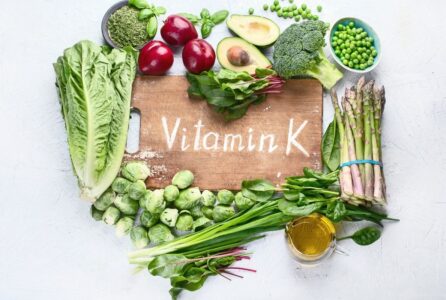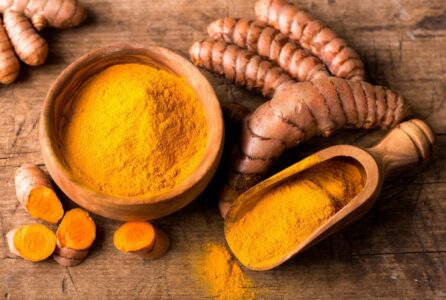In recent years there has been a large increase in the number of people who have decided to opt for a vegan diet, but do we really know what a vegan diet is? A vegan diet is, broadly speaking, one that completely omits animal products. This includes meat and fish, but also animal derivatives such as milk, cheese and eggs. Therefore, vegan diets consist mainly of vegetables, mushrooms, legumes, fruits, cereals, nuts and plant-derived products, such as tofu and almond or soy milk.
This trend has been driven by several factors that have contributed conclusively to this growth.
The first of these factors has been the inclusion of vegan products in stores and large supermarkets, which has led to a shift in the products vegan The fact that vegan diets are much more accessible to all citizens who opt for this type of food is one of the most relevant factors in the increase in the popularity of the vegan diet.
The health benefits of being vegan, known thanks to recent studies, have caused a great interest in recent years for this type of food. The population is becoming increasingly aware of the importance of a healthy diet and healthy habits. The vegan diet is able to provide a great contribution of healthy nutrients to our organism such as vitamins and fiber, and a very low contribution in saturated fats and cholesterol.
Another key factor that has led more and more people to follow a vegan diet is, possibly, thanks to the knowledge we have about it. More and more nutritionists, bloggers, influencers and celebrities support an animal-free diet and provide us through their Youtube channels or Instagram and Facebook accounts with a lot of information about this type of diet, as well as a thousand and one recipes for vegans.
In this post we will analyze the importance of a varied and balanced diet when following a vegan diet and what are the seven basic rules for a healthy vegan diet, as we need to ensure that the body gets all the nutrients it needs.
7 basic rules for a healthy vegan diet:
- The most important thing is to eat as varied as possible. We should not abuse a single product and we need to combine vegetables, mushrooms, legumes, fruits, cereals, nuts and plant-derived products.
- Take a food supplement of vitamin B12, and in winter possibly vitamin D (it can be vegan vitamin D2 or vitamin D3 of vegan origin) and iodine, which is obtained from seaweed or iodized salt, although the latter should be taken in moderation.
- Drink a drink with a high vitamin C content at mealtimes to optimize iron assimilation. It may be a good idea to include in your meals a juice containing fruits with a high vitamin C content such as citrus fruits, kiwis, strawberries or raspberries. In our previous post (http://plameca.com/blog/fruta-fuente-inagotable-de-beneficios-para-la-salud/) you can learn about some of the fruits with more health benefits.
- Reduce the amount of margarines or other industrial fats and other additional fats (if you suffer from heart disease, avoid their consumption completely).
- It is advisable to obtain Omega-3 fatty acids from flax seeds or to add to our diet supplements rich in Omega-3 from microalgae totally vegan since people who follow a vegan diet lack these fatty acids as they are mainly present in fish.
- Restrict the consumption of industrially processed foods and avoid the consumption of refined sugars and white flour.
- Give preference to fruits, vegetables, legumes, nuts and whole-grain products.
Plameca always recommends a varied and balanced diet and a healthy lifestyle.






